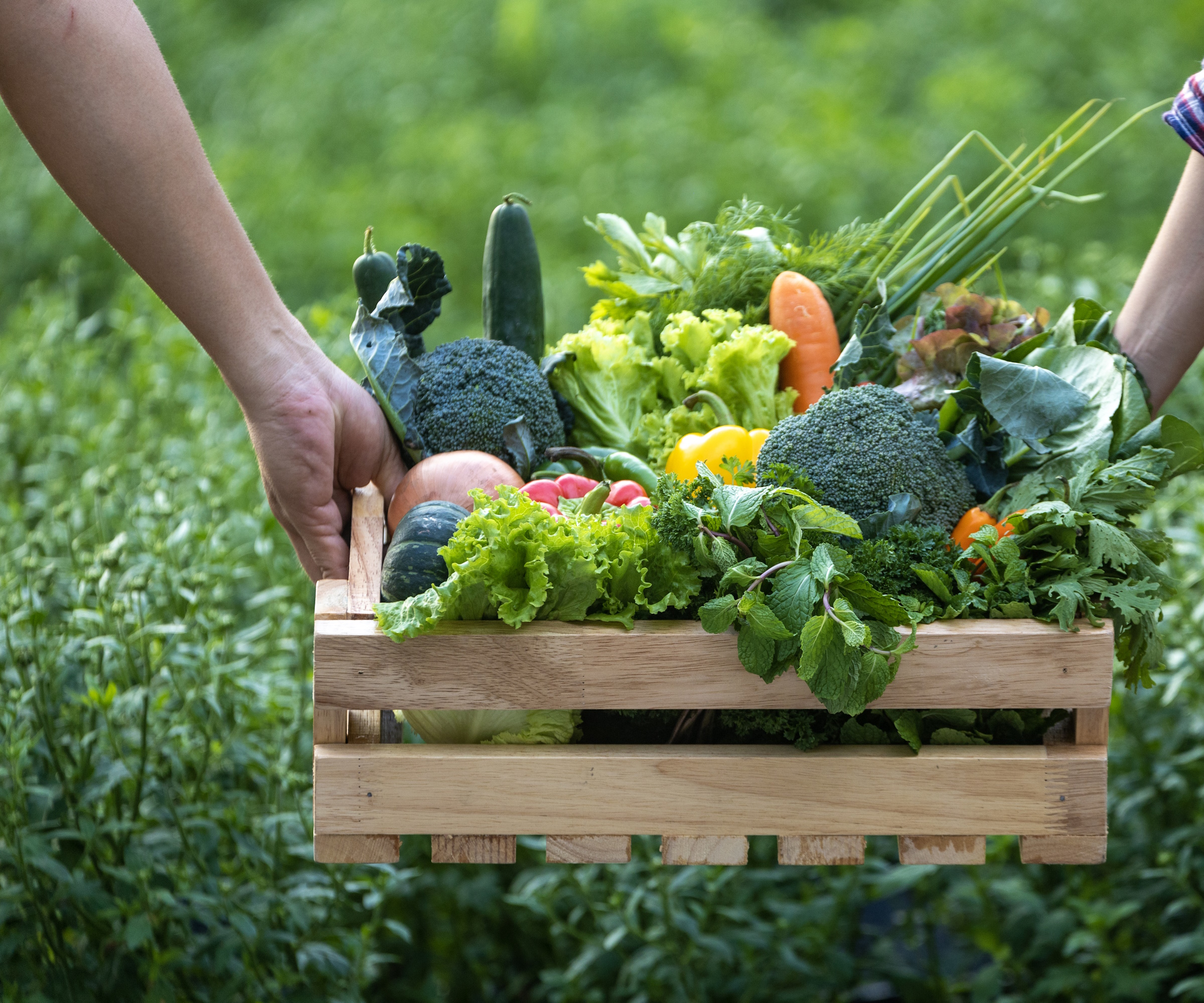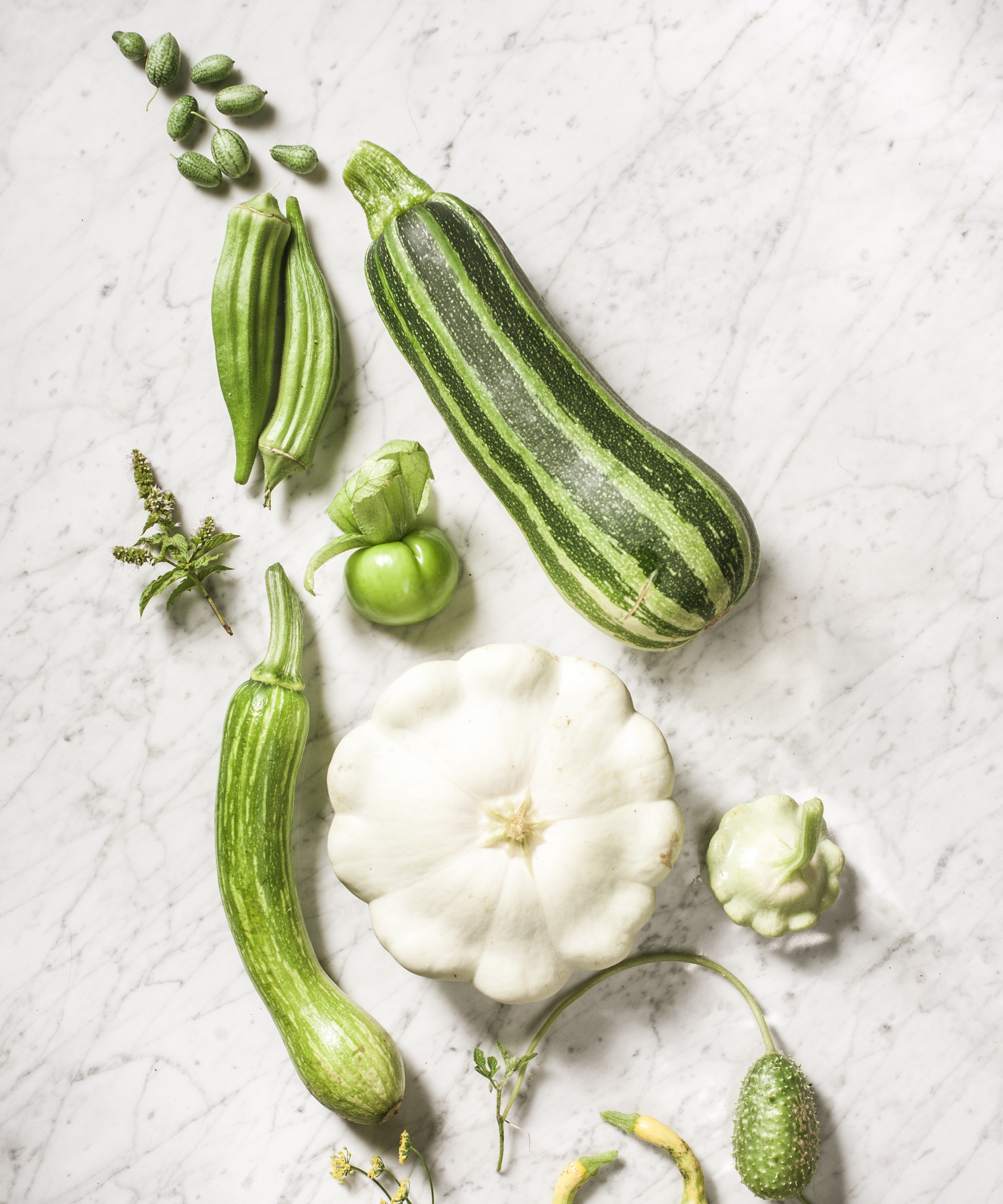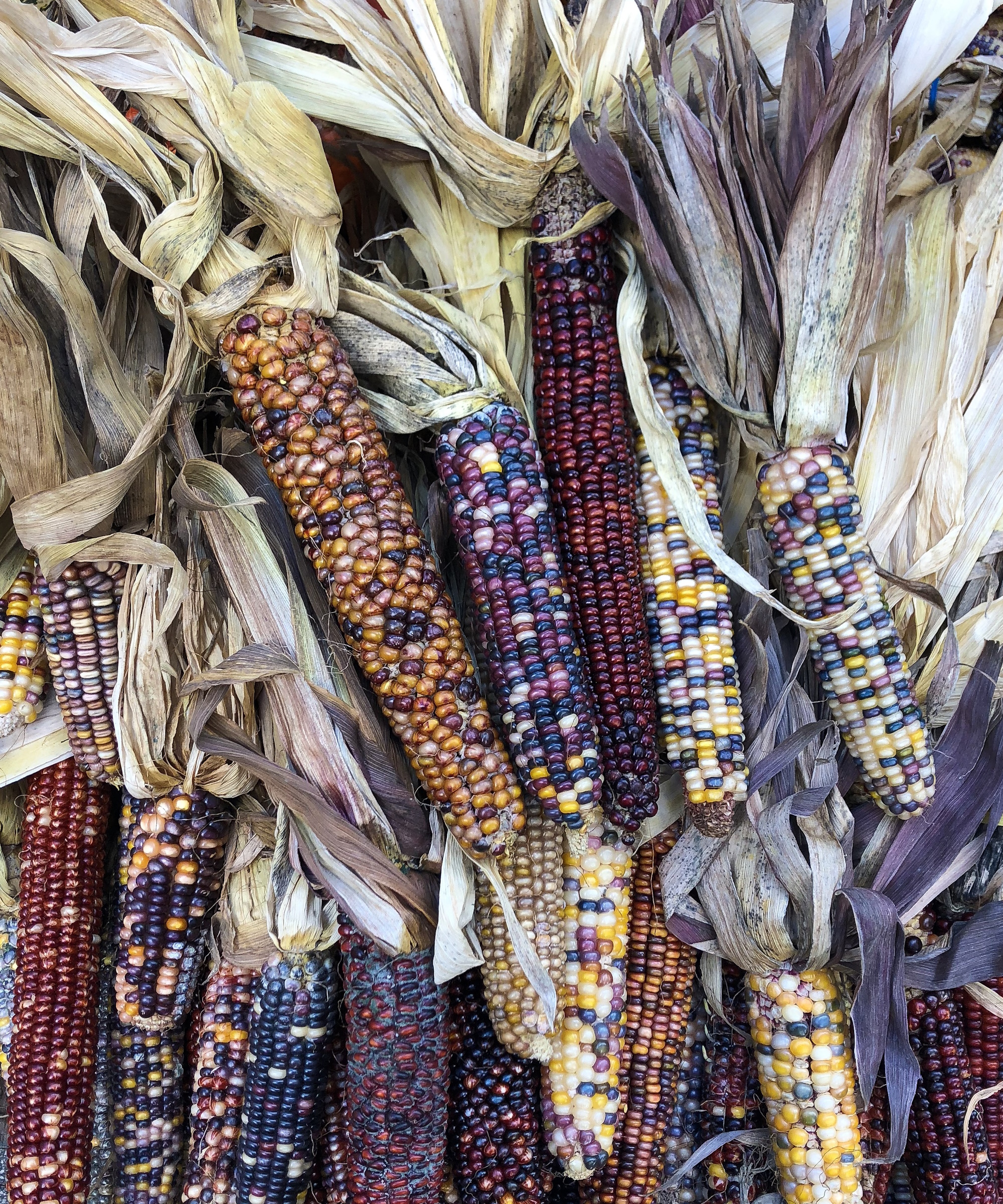
Heirloom seeds and plants hold a special place in the hearts of gardeners who appreciate not only the unique flavors and appearances of these old varieties, but also their histories and the sense of continuity they bring to any vegetable garden ideas.
Heirloom seeds and plants are treasures that have been passed down through generations due to their exceptional qualities. These varieties are open-pollinated, meaning they are pollinated by natural means such as wind, insects, or birds, allowing them to maintain their unique characteristics.
Heirlooms remain stable over time, preserving their distinct flavor, appearance, and adaptability and will be better for you and the environment than plants with mutations.
Beyond their unique characteristics, growing heirloom plants is a way to participate in the preservation of plant diversity and heritage. Each plant tells a story, linking gardeners to generations past.
As we delve into the world of heirloom gardening, we not only enrich our gardens but also foster a deeper connection with the history of agriculture. We take a look at what it means to grow heirloom crops, and where best to source these seeds.

What are heirloom seeds and plants?
Our experts delve into the world of heirloom plants, emphasizing its importance in preserving biodiversity and maintaining our connection to the past.
Understanding Heirlooms

‘Heirloom seeds are varieties that have been passed down through generations, typically at least 50 years, without undergoing modern breeding techniques,’ says gardening expert Charmaine Peters.
‘These plants are valued for their genetic purity, distinctive flavors, textures, and appearances that often surpass those of commercial varieties.’
Unlike hybrid seeds, heirlooms can reproduce true to type, allowing gardeners to save seeds year after year.
‘Heirlooms often require slightly different growing conditions compared to modern hybrids,’ says Tony O'Neill from Simplify Gardening.
‘It's useful to learn about the specific needs of each variety - from soil requirements to sunlight preferences. This personalized care enhances their growth and ensures you get the best out of these unique plants.’
Diversity of varieties

Heirlooms come in a wide array of types, ranging from vegetables to flowers. Each variety carries a rich history and a story of its own.
From the 'Brandywine' tomato, renowned for its exceptional flavor, to the 'Moon and Stars' watermelon, notable for its unique appearance, heirlooms offer a diversity unmatched by commercial seeds and can be harvested year after year.
Other notable varieties you can buy include 'Crimson Sweet' watermelon seeds available from Everwilde Farms, 'Danvers 126' carrots from Bucktown Seed Company, and the 'Mortgage Lifter' tomato seeds from Hudson Valley Seed Company each cherished for unique characteristics and flavors.
Sourcing Heirloom Seeds

According to garden expert Erinn Witz, finding heirloom seeds has become easier than ever, thanks to dedicated seed libraries; local seed swaps and exchanges where you might even be able to get free seeds; and specialized online retailers.
Outside of commercial retailers, some reputable sources include Seed Savers Exchange, Baker Creek Heirloom Seeds, and Territorial Seed Company. These organizations not only supply seeds but also work to preserve genetic diversity and share the histories behind these plants.
You can explore regional seed banks and organizations committed to preserving heirloom varieties specific to your area. They help to maintain genetic diversity and support plants native to local climates.
FAQs
Are heirloom seeds better than other seed varieties?
Heirloom seeds are open-pollinated. This means you can save seeds and produce the same variety of plant, fruit or vegetable. Crops grown from heirloom seeds often have a better taste, however due to the lack of cross pollination they may be more prone to disease.
Embracing heirlooms connects us to our agricultural heritage, promotes biodiversity, and contributes to the resilience of our food systems. If you plant to start a vegetable garden, you could experiment with different varieties, share seeds within your community, and contribute to the living history of these remarkable plants.







